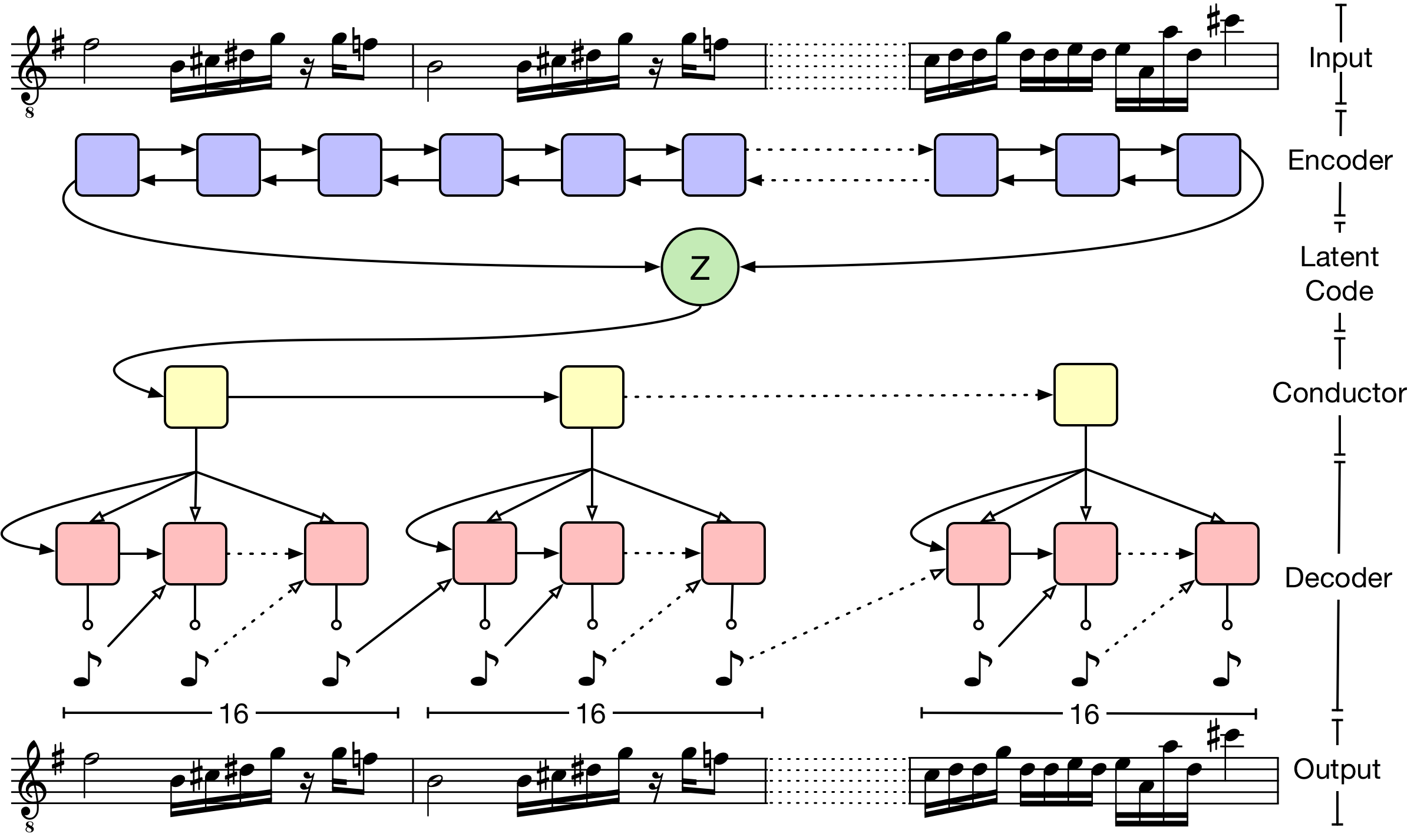Music Intelligence Lab

The Music Intelligence Lab (or μLab) brings together engineers, musicians, and researchers to explore the relationship between music, technology, and intelligence. We combine science, mathematics, and machine learning with cultural traditions to design new instruments, analyze structures, and create generative systems. Our mission is to make music more accessible, more expressive, and more deeply understood, while training the next generation of creative innovators.
You can join the lab as a MS or PhD student at AUB, or through the Vertically Integrated Project Program (VIPP) as an undergraduate. Read more about it here.
More about the mission and motivation of the lab here. Subscribe to our mailing list here.





